Home / Curriculum / Science
“For in him all things were created: things in heaven and on earth, visible and invisible, whether thrones or powers, or rulers or authorities; all things have been created through him and for him”
Colossians 1:16
At St Gabriel’s, we encourage children to be inquisitive throughout their time at the school, and beyond. The Science curriculum fosters a healthy curiosity in children about our universe and promotes respect for the living and non-living.
We believe science encompasses the acquisition of knowledge, concepts, skills and positive attitudes.
Throughout the programmes of study, the children will acquire and develop the key knowledge that has been identified within each unit and across each year phase/Key Stage. The key knowledge is informed by the National Curriculum and builds towards identified phase ‘end points’ in accordance with National Curriculum expectations.
Key skills are mapped for each phase/Key Stage and are progressive throughout the school. These too ensure systematic progression to identified skills end points which are in accordance with the Working Scientifically skills expectations of the National Curriculum.
The curriculum is designed to ensure that children are able to acquire key scientific knowledge and skills through practical experiences; using equipment, conducting experiments, building arguments and explaining concepts confidently. Children are encouraged to ask questions and be curious about their surroundings and a love of science is nurtured through a whole school ethos and a varied science curriculum
St Gabriel’s science curriculum is planned so that:
And above all:
Teachers create a positive attitude to science learning within their classrooms and reinforce an expectation that all pupils are capable of achieving high standards in science.
Our whole school approach to the teaching and learning of science involves the following;
Science is taught in planned units of work across Key Stages on a 2-year cycle due to having mixed age classes
The successful approach at St Gabriel’s results in a fun, engaging, high-quality science education that provides children with the foundations and knowledge for understanding the world.
Our engagement with the local environment, including our own Forest School, ensures that children learn through varied and first hand experiences of the world around them.
Frequent, continuous and progressive learning outside the classroom is embedded throughout the science curriculum. Through various workshops, trips and interactions with experts’ children have the understanding that science has changed our lives and that it is vital to the world’s future prosperity.
Children learn the possibilities for careers in science, as a result of our community links and connection with national agencies including the STEM association. They learn from and work with professionals, ensuring access to positive role models within the field of science from the immediate and wider local community.
From this exposure to a range of different scientists from various backgrounds, all children feel they are scientists and capable of achieving. Children at St Gabriel’s enjoy science and this results in motivated learners with sound scientific understanding.
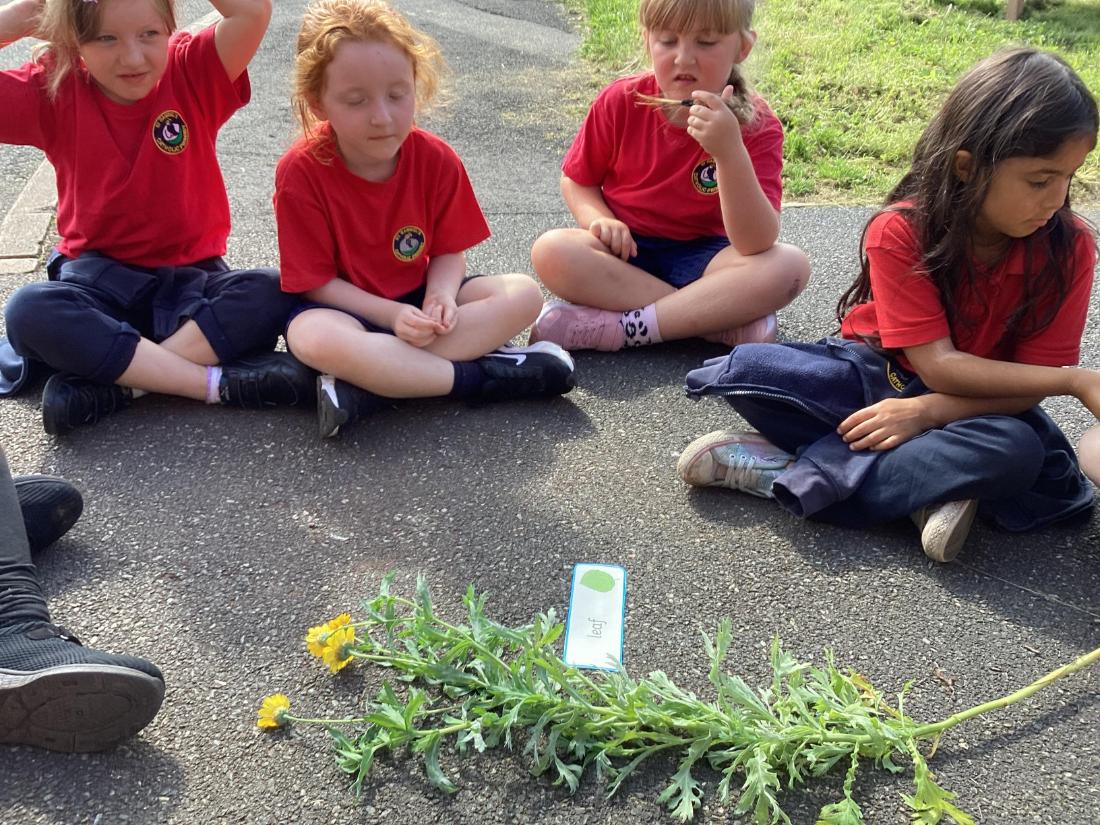
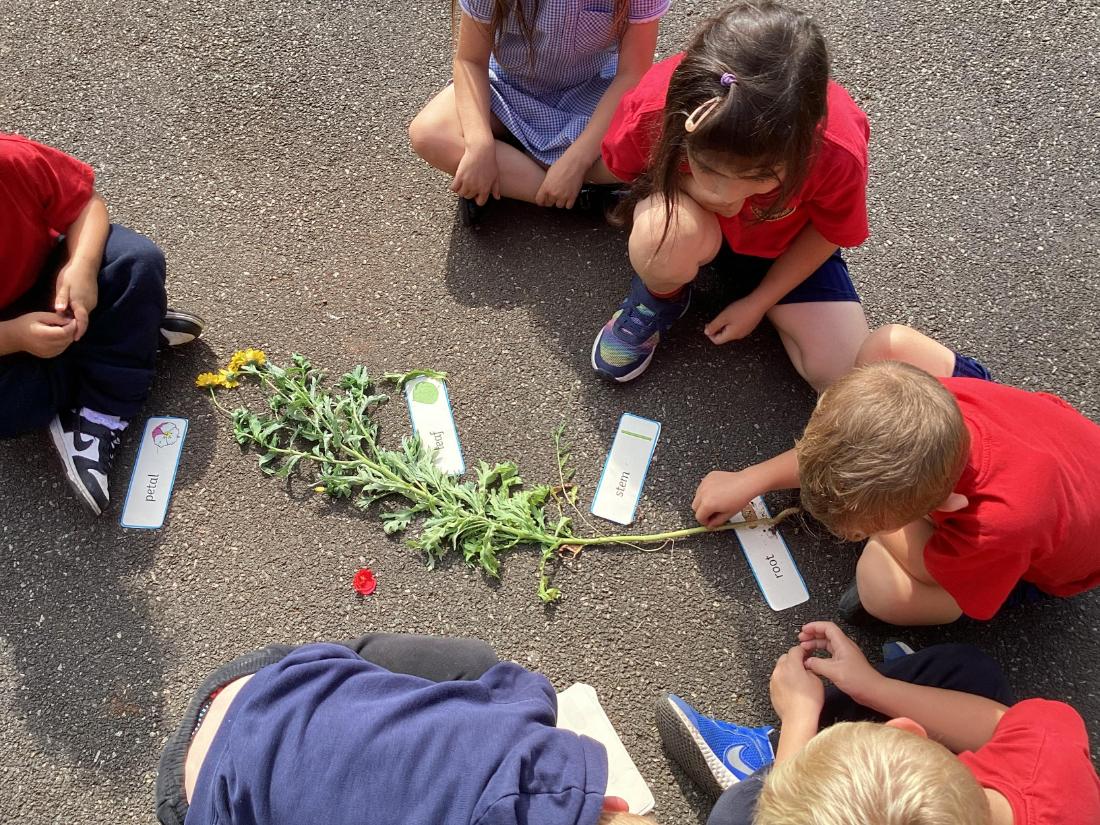
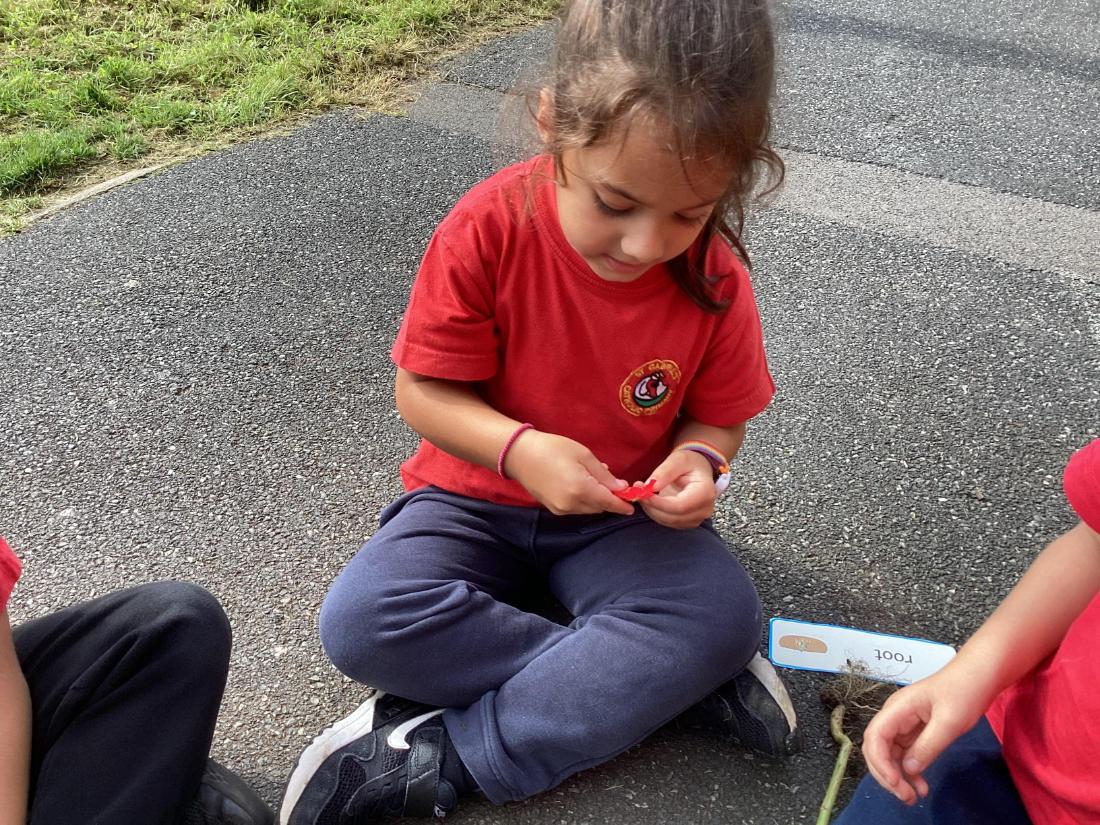
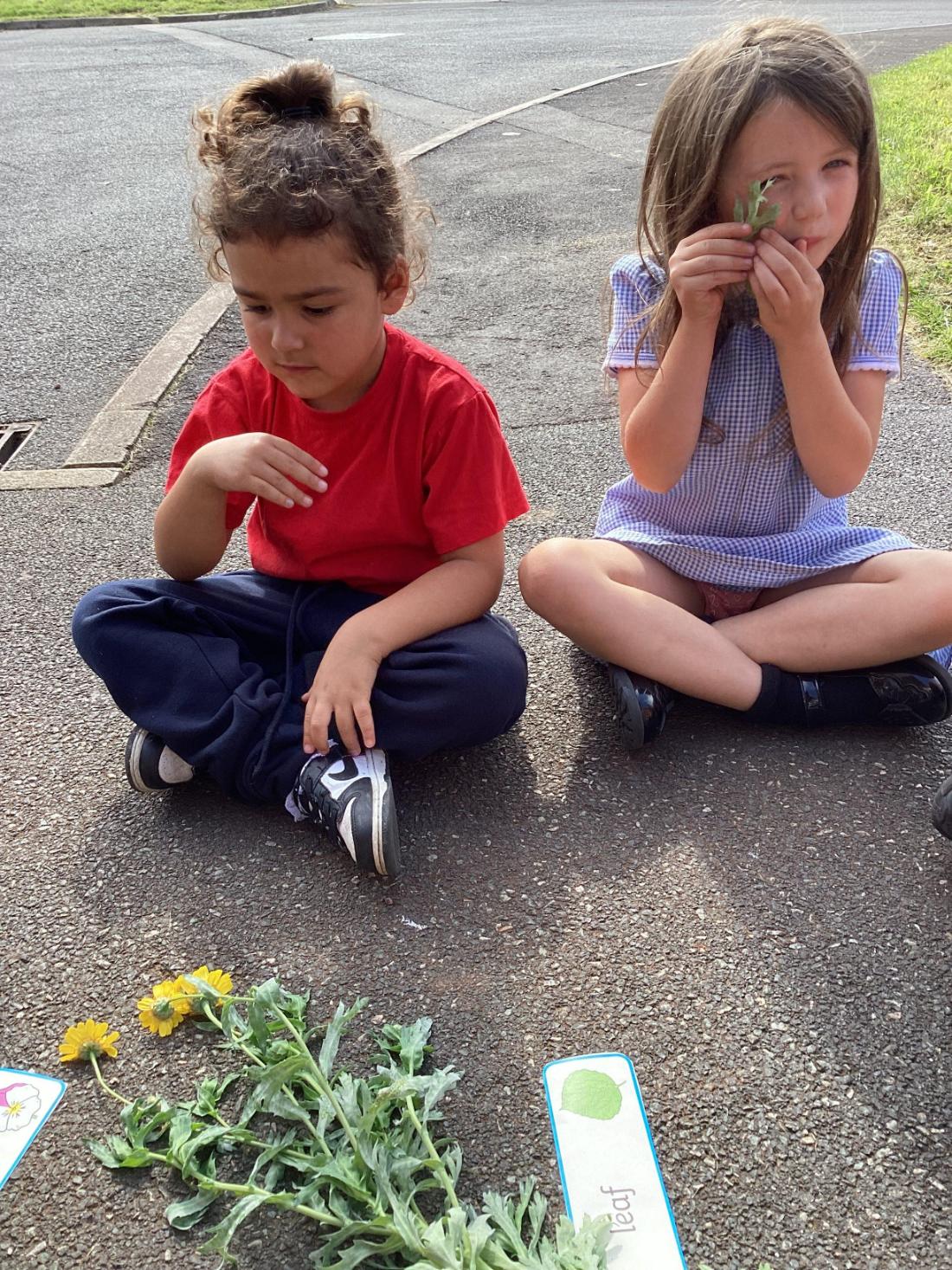
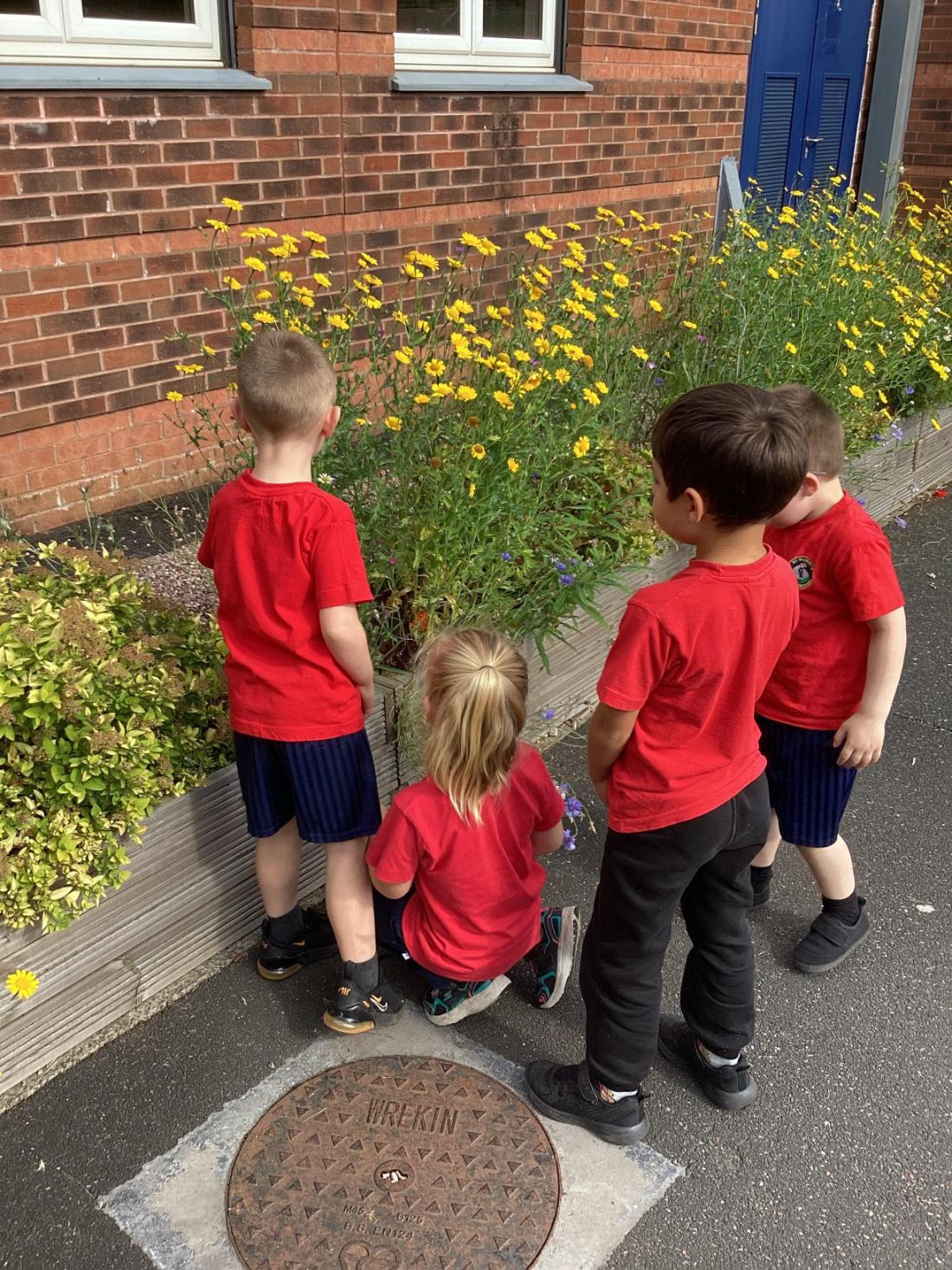
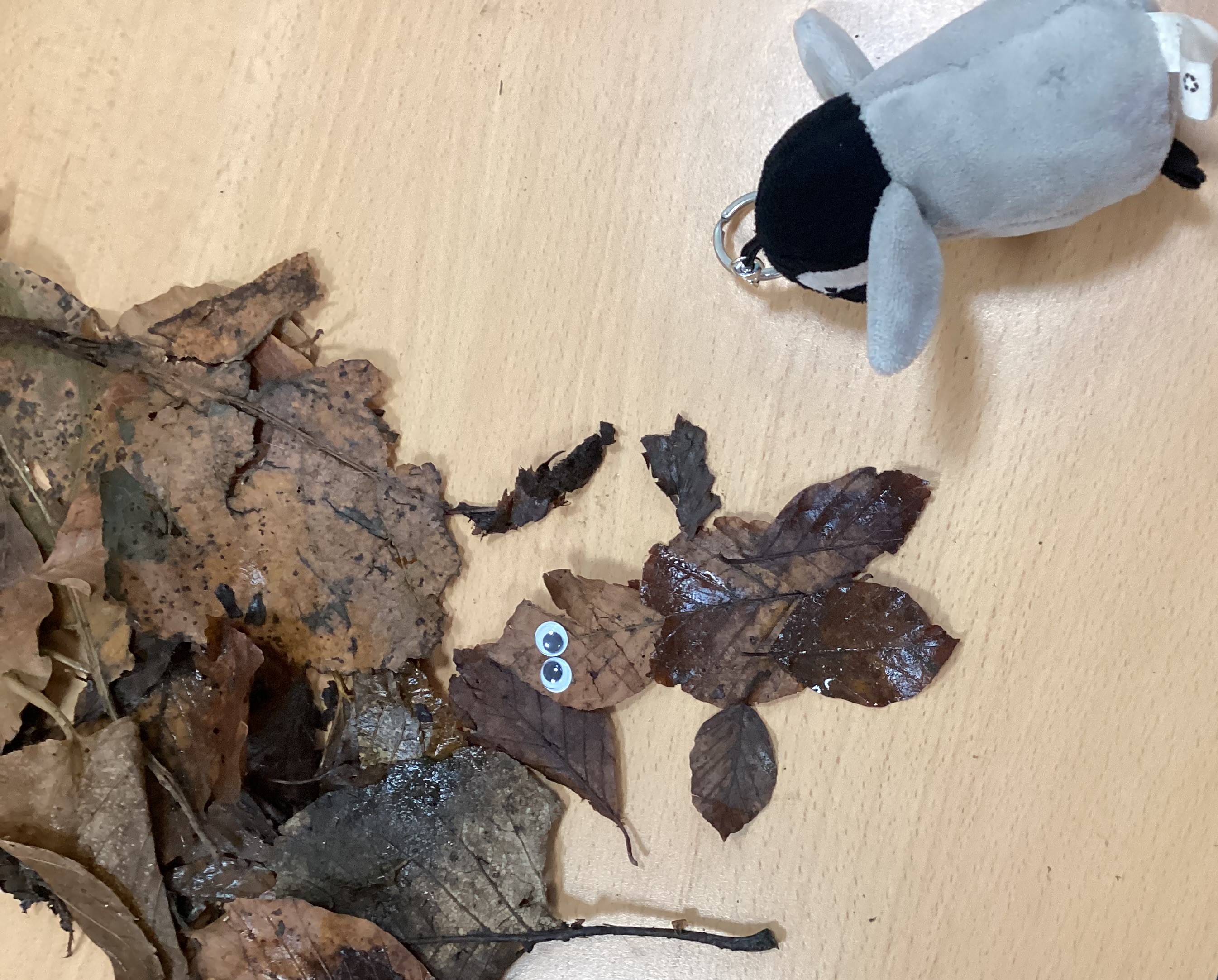
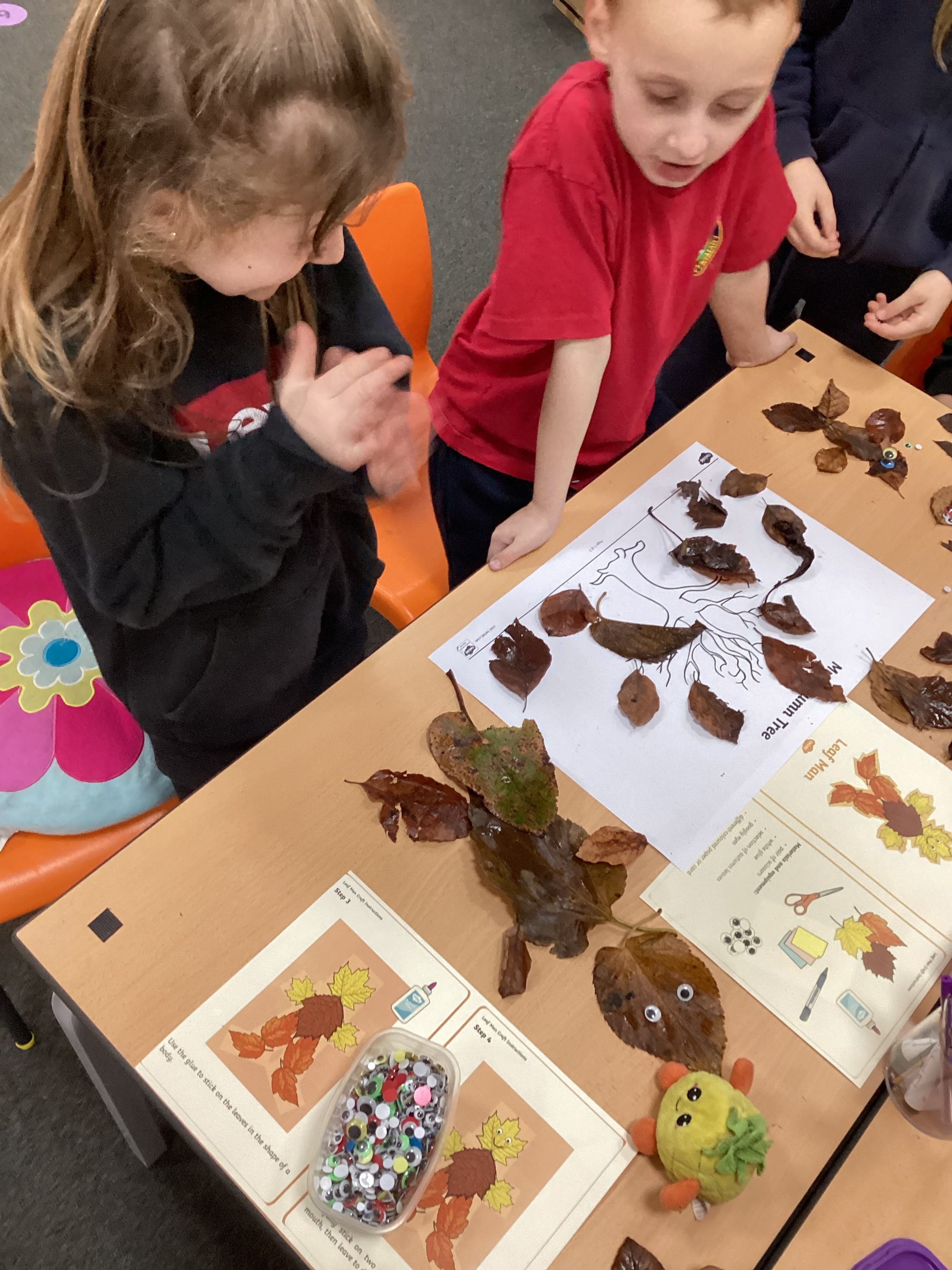
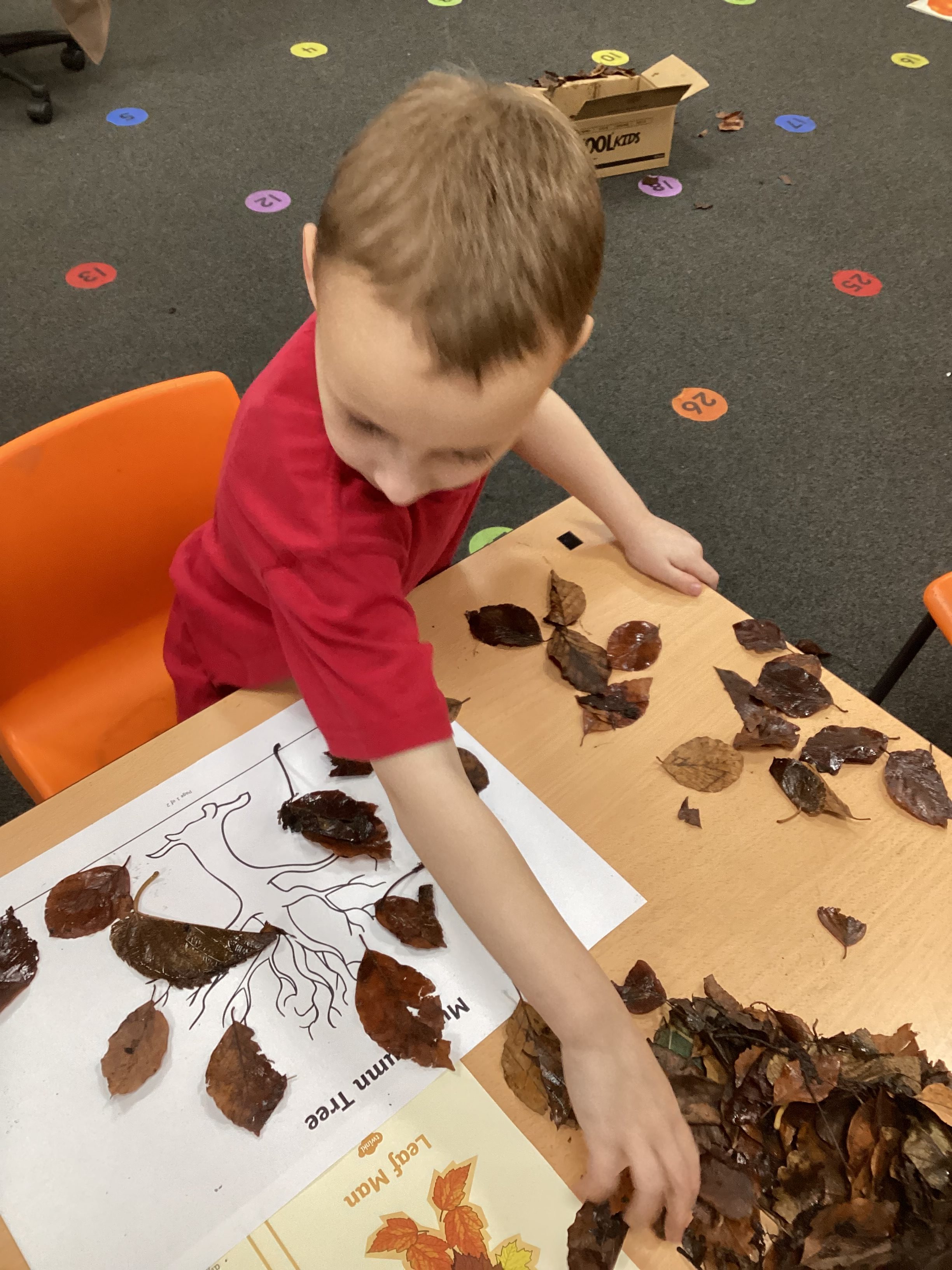
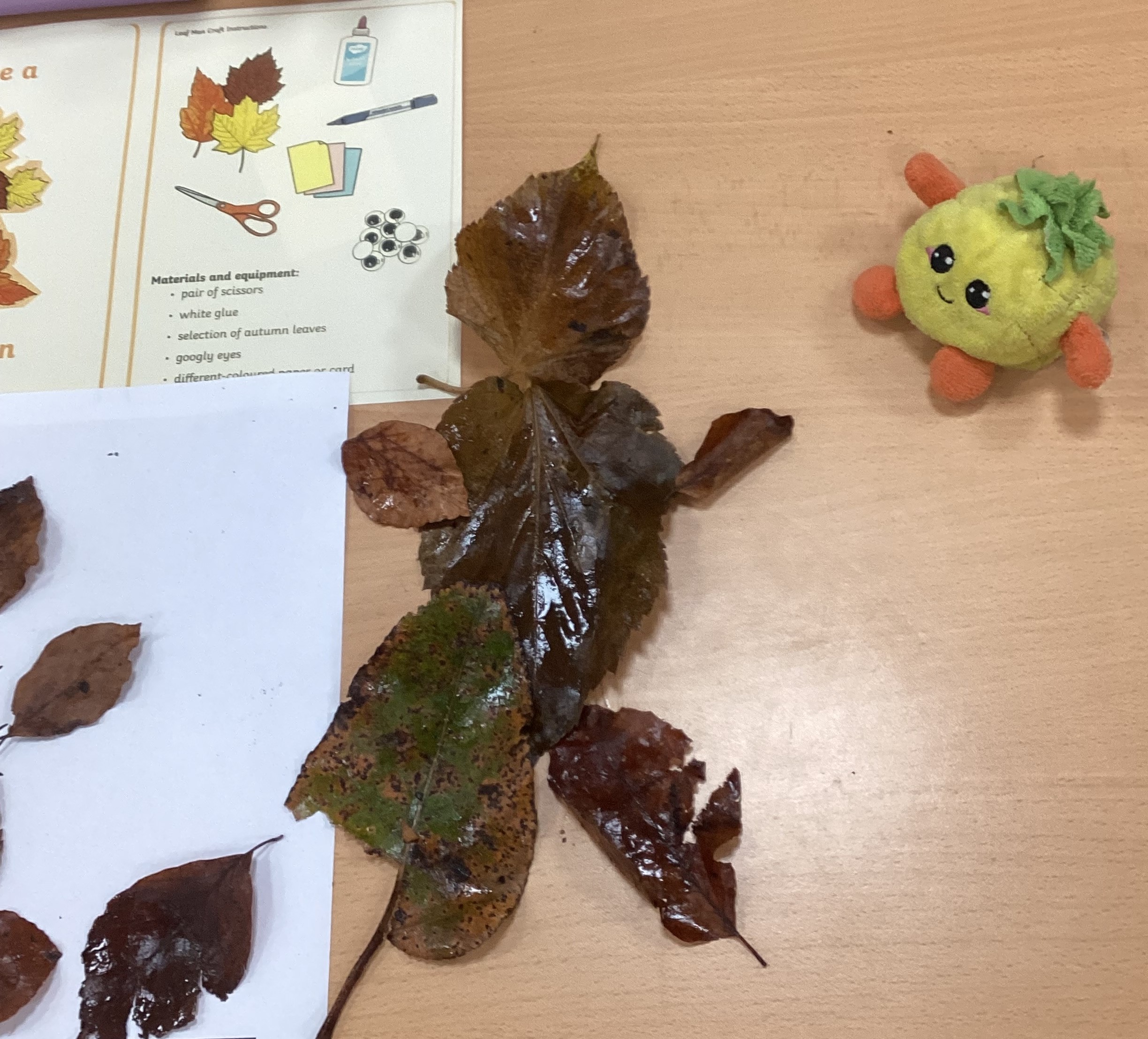

We have now updated our Holidays & Events section of our website for this school year.
Make sure to check it out.
Performance Measures